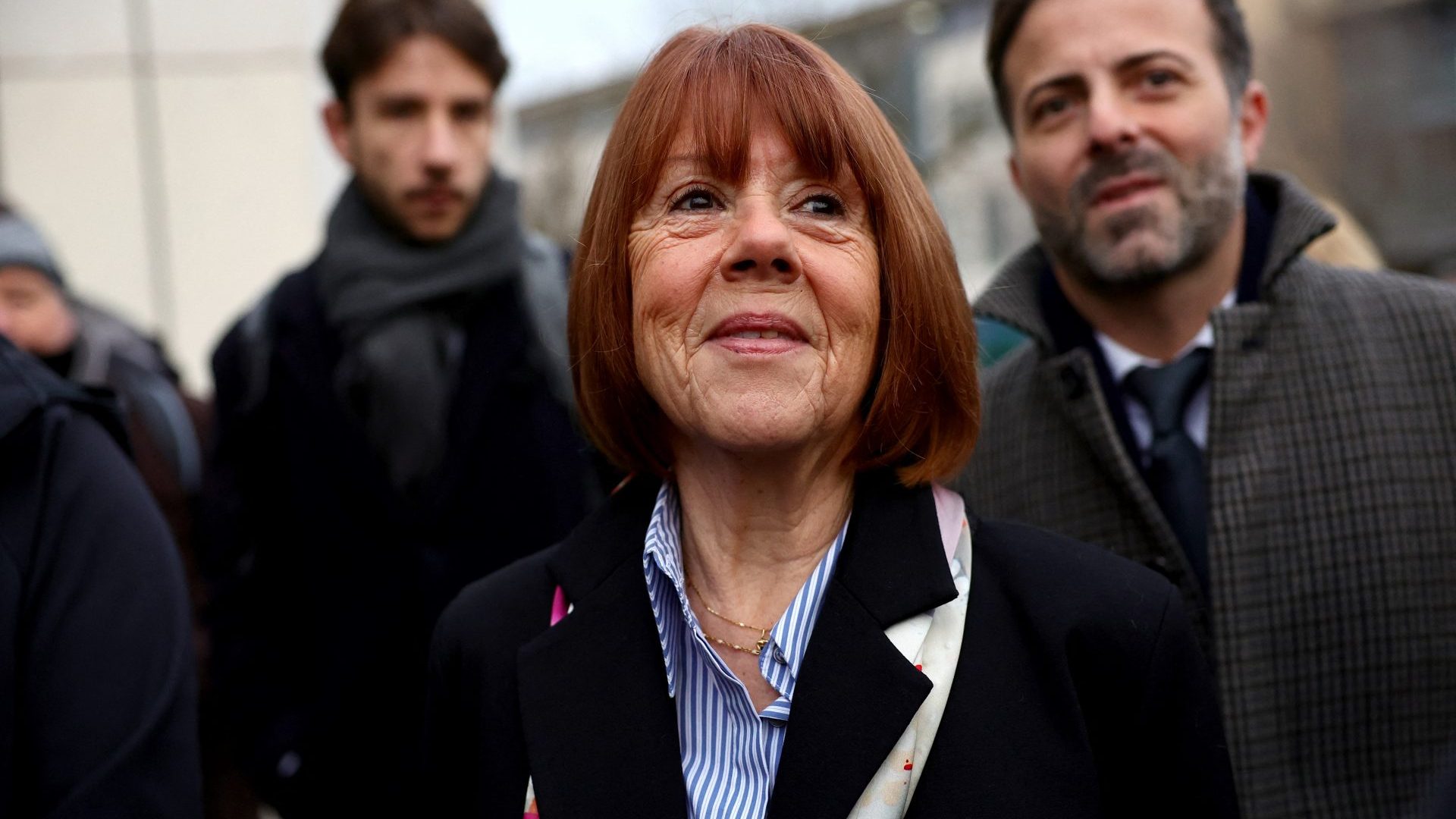The guilty verdicts in the Pelicot case were so satisfying to hear. My reaction was mixed – relief and surprise came before satisfaction set in. I was not sure how it would go.
Even with the heinous nature of the assaults against Gisèle Pelicot, the staggeringly low prosecution rates for rape and sexual assault not only in France and Britain, but across Europe, made me wonder how many of the men on trial would escape justice.
Rape is an objectively awful crime, all men will agree – but some of the men seemed not to realise or care about what they had done until they were caught. One of the men, after being shown a video of himself assaulting Mrs Pelicot, claimed it was not his “brain, but his body” that was responsible for the act. It’s a deeply revealing attitude that many have: that their assault against a woman is not what they are truly like. Well, now his brain and body can ponder that in prison.
During the trial, Gisèle Pelicot said that her decision to waive anonymity was intended to give strength and hope to other victims, stating powerfully that: “Shame must change sides”. What will it take for women to come forward, and without feeling ashamed by what was done to them? Hopefully, the bravery of one woman.
According to the latest VRS survey in France, published at the end of 2023, 270,000 women said they have been victims of sexual violence (rape, attempted rape and sexual assault), while in 2022, 1.14 million women said they had suffered non-physical sexual violence, including sexual harassment and indecent exposure.
However, only a small minority filed a complaint with the police or gendarmerie. Just 6% for physical sexual violence and 2% for non-physical sexual violence. The ones who didn’t complain felt that “it would have been useless” that “it wasn’t serious enough” or that their testimony would “not have been taken seriously.”
According to Rape Crisis UK, most survivors in Britain do not report assaults. Research by the charity found that 40% said they didn’t report out of “embarrassment” and 38% said they didn’t think the police could help them.
There was a common theme that came out of the defendants who testified. The men really believe that how they felt about the rapes meant that their offences could not possibly have been sexual assault. They gave no thought to Gisèle Pelicot’s wellbeing or health.
And away from the courtroom and the men who were found guilty, what of the others – the men who were voyeurs, the ones who shared, downloaded and repeatedly viewed assault after assault? The men who still trade images of women without their consent? The online forums where there are discussions about women and the sickening fantasies of members who encourage each other?
If, as Gisèle Pelicot says, shame must change sides, there must be a deep reckoning by men, not only in self-reflection but also in calling out other men – and more importantly, reporting other men who commit acts of sexual violence. Dominique Pelicot was caught because he was found upskirting women in a supermarket. Dismissing what we view as “lesser” or smaller crimes is no longer an option. Dismissing crude comments and “jokes” with rape as a punchline is not an option.
Sexual violence is heinous and monstrous but it is committed by human beings. We all live in a society that places the desires of men above a woman’s agency. The men in this case were not depraved strangers who lived on the outskirts of society. They were teachers, supermarket workers, husbands, and fathers.
We cannot act as though the Pelicot case is a singular, monstrous act by a few rotten apples who have been brought to justice. This case has shattered the myths around rape on every scale and we must persist in continuing to fight and educate – from the warning signs of a predator, to shaping the system to help survivors get justice.
The most important part of this case is the bravery of Gisèle Pelicot. I could not imagine taking such a strong stance, as she confronted her own trauma. She deserves to move on and to live a life with her children and grandchildren in peace, knowing that she sparked a reckoning. She has inspired women to be unafraid – I can only hope to be half as brave as she is. Her bravery should not be in vain.










